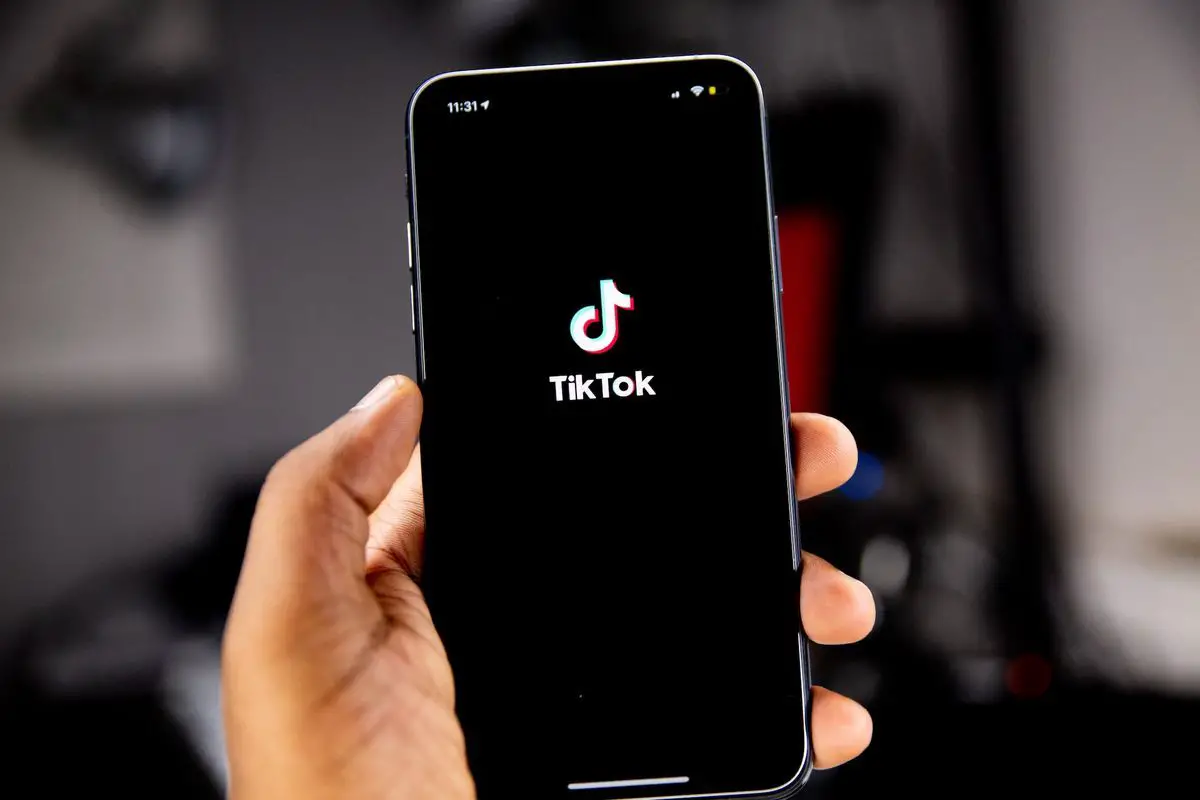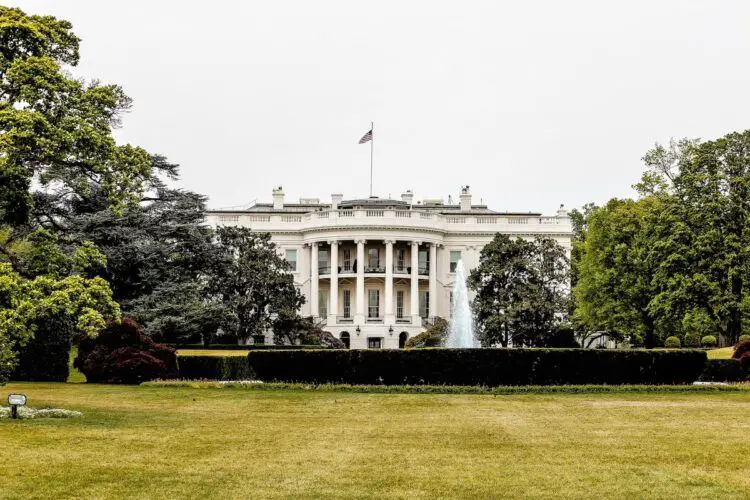- The Biden Administration is exploring ways to harness TikTok’s extensive reach to influence young voters ahead of the President’s re-election campaign.
- The White House plans to collaborate with hundreds of social media influencers, with TikTok and Instagram as the key platforms of focus, to maximize messaging resonance.
- The use of TikTok as a political communication channel underscores its potential as a vital medium to shape political discourse, especially among young people.
- The potential ban of TikTok in the US and the White House’s decision to use the app as a campaign tool highlights the complicated relationship between technology, politics, and national security.
According to a recent report by Axios, the US Government is currently deliberating on the possibility of a ban on TikTok. However, simultaneously, the Biden Administration is exploring ways to harness the app’s extensive reach to influence young voters. To achieve this, the White House is collaborating with a large number of social media influencers to disseminate Biden’s policy agenda ahead of his expected re-election campaign.
Biden’s digital strategy team will connect with influencers across the nation to target those who may not follow the White House or Democratic Party on social media – or who have tuned out mainstream media altogether. Four Biden digital staffers are focused on influencers and independent content creators. The staffers officially work for the White House, not Biden’s campaign -but reaching young and suburban voters is clearly a priority.
Biden is looking for ways to collaborate
The Biden team is planning to collaborate with regional influencers coinciding with the President’s visits to those areas to enhance the impact of his messaging. The campaign will primarily focus on TikTok and Instagram since these platforms are highly popular among young people.
It may seem contradictory that the Biden Administration is considering banning TikTok while simultaneously using it as a crucial communication tool. However, both decisions have their own rationale, and they may not be related. In fact, the use of TikTok for political campaigning could highlight the app’s potential influence in this regard.

The situation presents an intriguing perspective on the current media landscape, where a Chinese-owned app that could potentially serve as a conduit for foreign influence is also a vital platform for engaging with potential voters. However, this doesn’t necessarily indicate a reduced probability of a TikTok ban in the US.
The White House’s stance on this issue remains unclear, especially following TikTok Chief Shou Zi Chew’s recent testimony before the US Senate, which did not go well for the company. Moreover, given the recent displays of Chinese aggression towards Taiwan following a meeting between Taiwanese officials and their US counterparts, TikTok’s position has not improved in relation to concerns about the app.
Despite the possibility of a TikTok ban by the Biden Administration, the White House is currently capitalizing on the app’s potential to amplify the President’s messaging to young people. However, it is still uncertain whether a ban will be implemented. This highlights the complex media landscape of 2023 and the growing influence of social media in political communication.
The use of TikTok as a campaign tool by the Biden Administration underscores the platform’s potential as a political communication channel. With over one billion monthly active users worldwide, TikTok has become a crucial medium for reaching young people and shaping political discourse.
However, concerns over the app’s data privacy and security have raised questions about its suitability as a political tool, particularly given its ownership by a Chinese company. The juxtaposition of a potential TikTok ban and the Biden Administration’s use of the platform highlights the complicated relationship between technology, politics, and national security, raising important questions about the role of social media in shaping public opinion.





